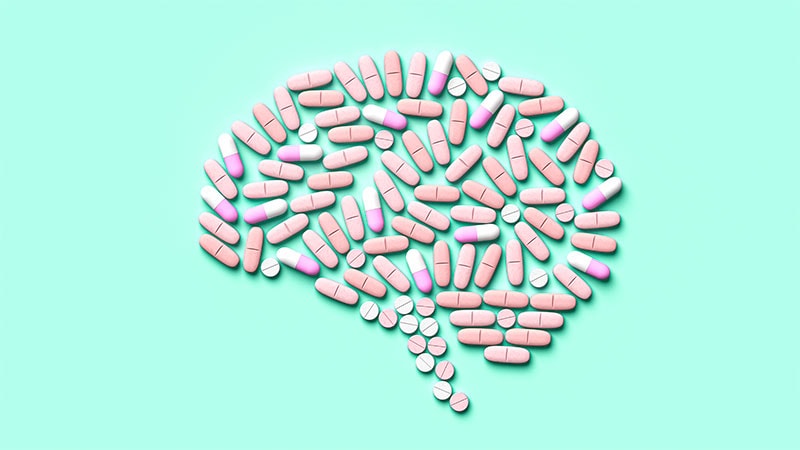TOPLINE:
Patients with autoimmune Addison disease (AAD) showed increased use of hypnotics/sedatives, anxiolytics, and antidepressants in the year before diagnosis, suggesting potential misdiagnosis of early symptoms. The elevated use of hypnotics/sedatives persisted for years after diagnosis, indicating persistent sleep disturbances in this population.
METHODOLOGY:
- Researchers in Sweden conducted a population-based cohort study to assess the use of psychotropic drugs among patients with AAD (n = 963; median age at diagnosis, 40.8 years; 57.9% women) and matched control individuals from the general population (n = 9366).
- The outcome was at least one annual dispensation of antipsychotics, anxiolytics, hypnotics/sedatives, and/or antidepressants from 3 years before to 3 years after the diagnosis of AAD, covering the period from July 2006 through December 2019.
- A cross-sectional analysis of data from 2019 was conducted to examine the chronic use of psychotropic drugs, requiring two or more prescriptions of any drug class among patients diagnosed with AAD between 2006 and 2018.
TAKEAWAY:
- Hypnotics/sedatives were the most dispensed psychotropic medications, with 14.2% of patients receiving them 1 year post-diagnosis, whereas antipsychotics were the least dispensed drugs.
- In the year before diagnosis, patients with AAD had higher odds of using hypnotics/sedatives (odds ratio [OR], 1.72; P < .001), anxiolytics (OR, 1.38; P = .014), and antidepressants (OR, 1.29; P = .016) than control individuals.
- The use of hypnotics/sedatives remained elevated for years after diagnosis among patients with AAD vs control individuals, and this trend persisted in the cross-sectional analysis.
IN PRACTICE:
“[These] findings underscore the importance to considering somatic differential diagnoses, such as adrenal insufficiency, when a person presents with symptoms like fatigue or melancholy. Conversely, it is equally important to evaluate potential psychiatric causes in individuals with adrenal insufficiency who report excessive fatigue or melancholy,” the authors wrote.
SOURCE:
This study was led by Sara Öster, Karolinska Institutet, Stockholm, Sweden. It was published online on August 02, 2025, in European Journal of Endocrinology.
LIMITATIONS:
Medication dispensations might not have reflected actual patterns of drug use. The study did not analyse prescribed daily doses, focusing instead on the annual prevalence of drug use.
DISCLOSURES:
This study was supported by the Centre for Clinical Research and Education, the Region Värmland County Council, and a Regional Agreement on Medical Training and Clinical Research between Stockholm County Council and Karolinska Institutet. The authors reported having no competing interests.
This article was created using several editorial tools, including AI, as part of the process. Human editors reviewed this content before publication.
Source link : https://www.medscape.com/viewarticle/can-use-psychotropic-drugs-signal-autoimmune-addison-2025a1000l2b?src=rss
Author :
Publish date : 2025-08-12 12:00:00
Copyright for syndicated content belongs to the linked Source.
